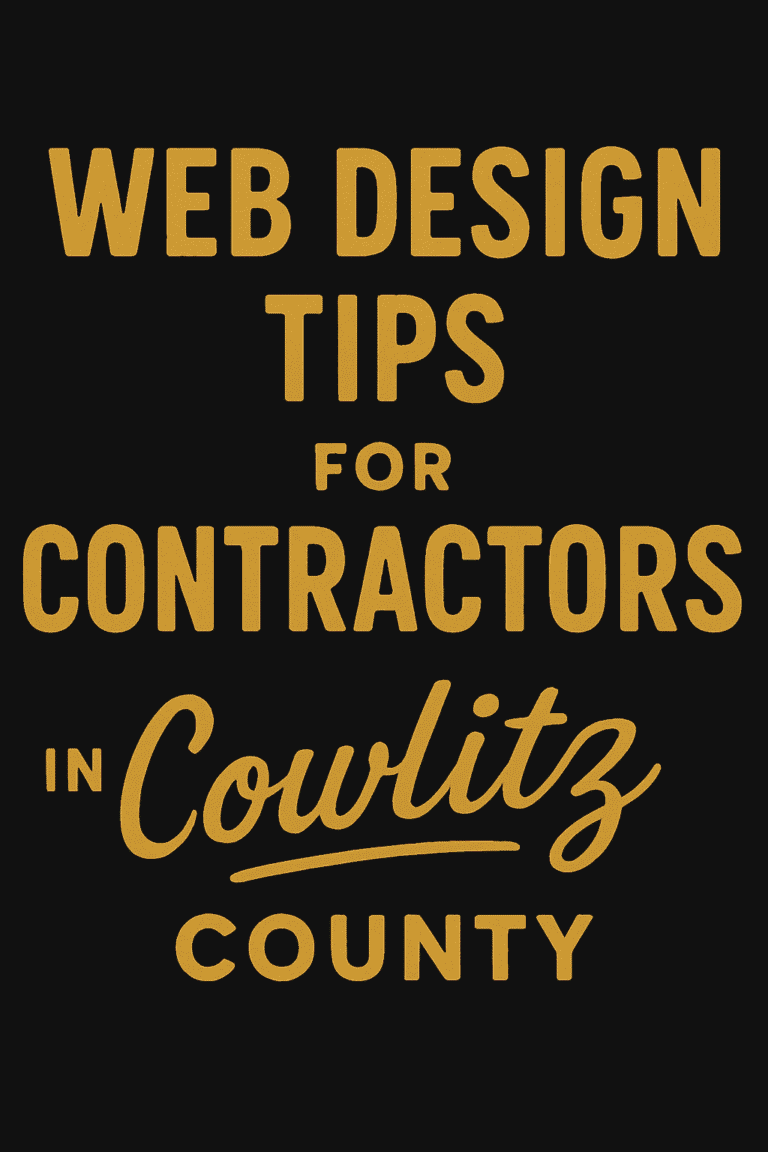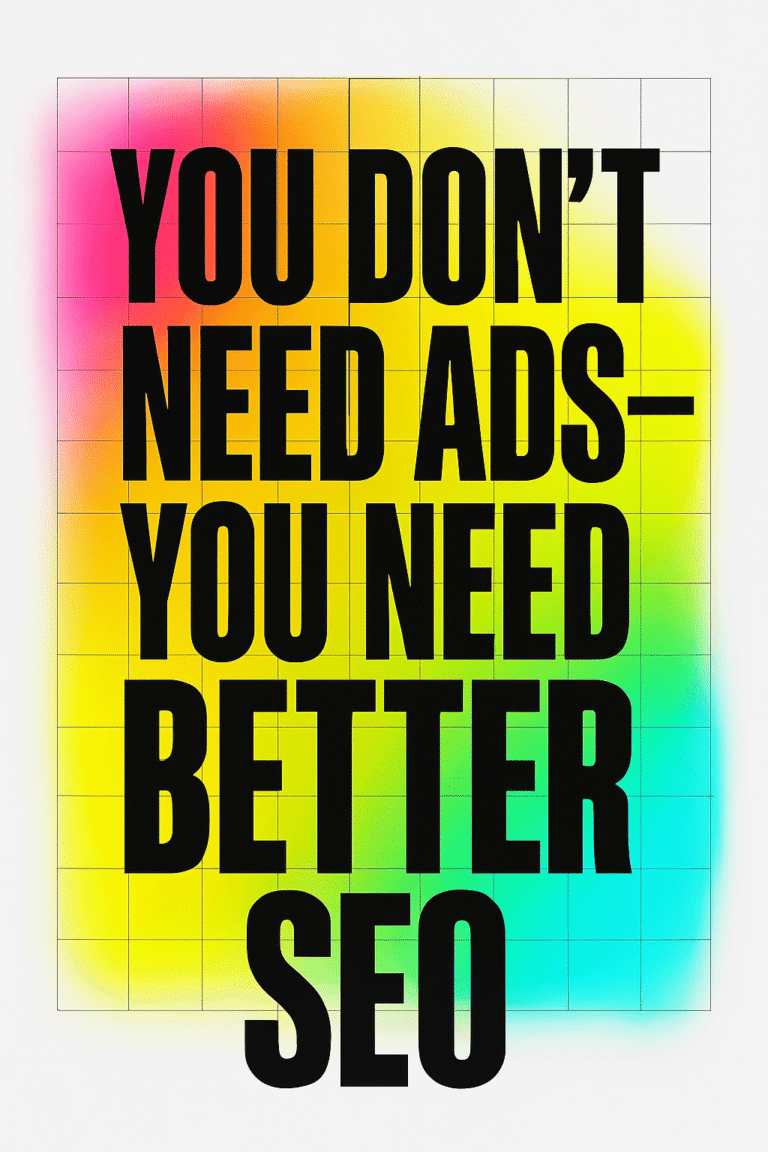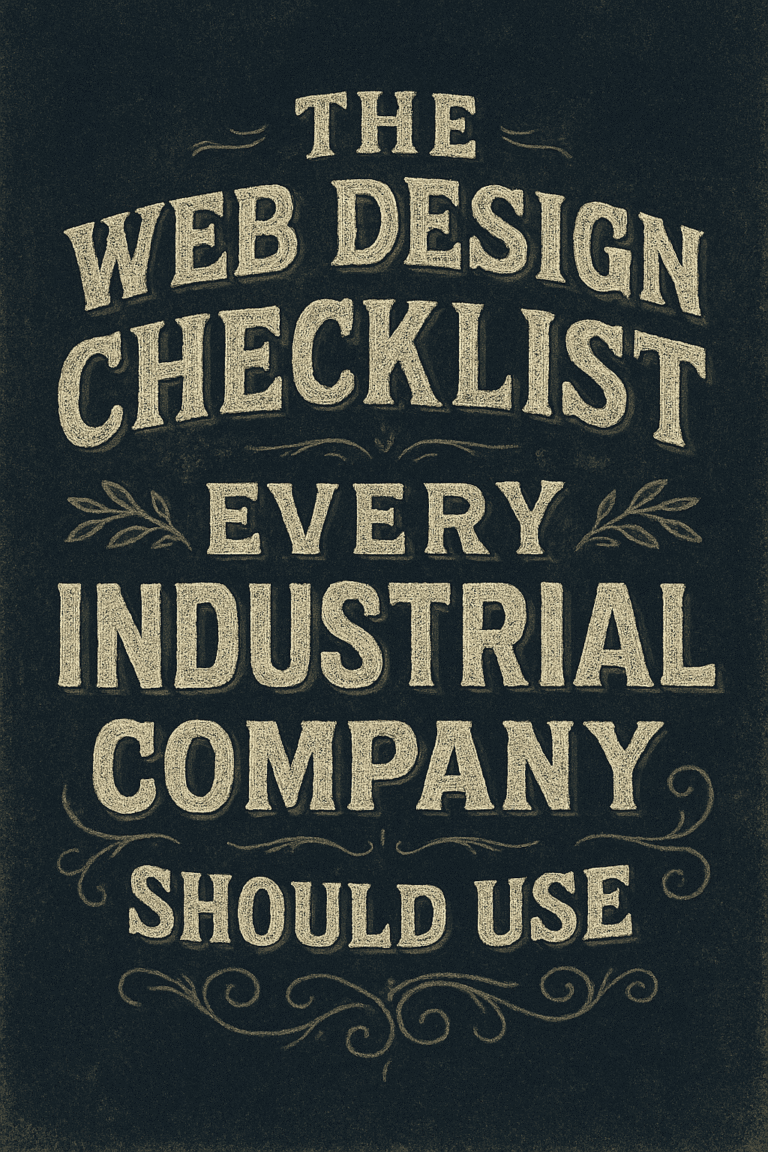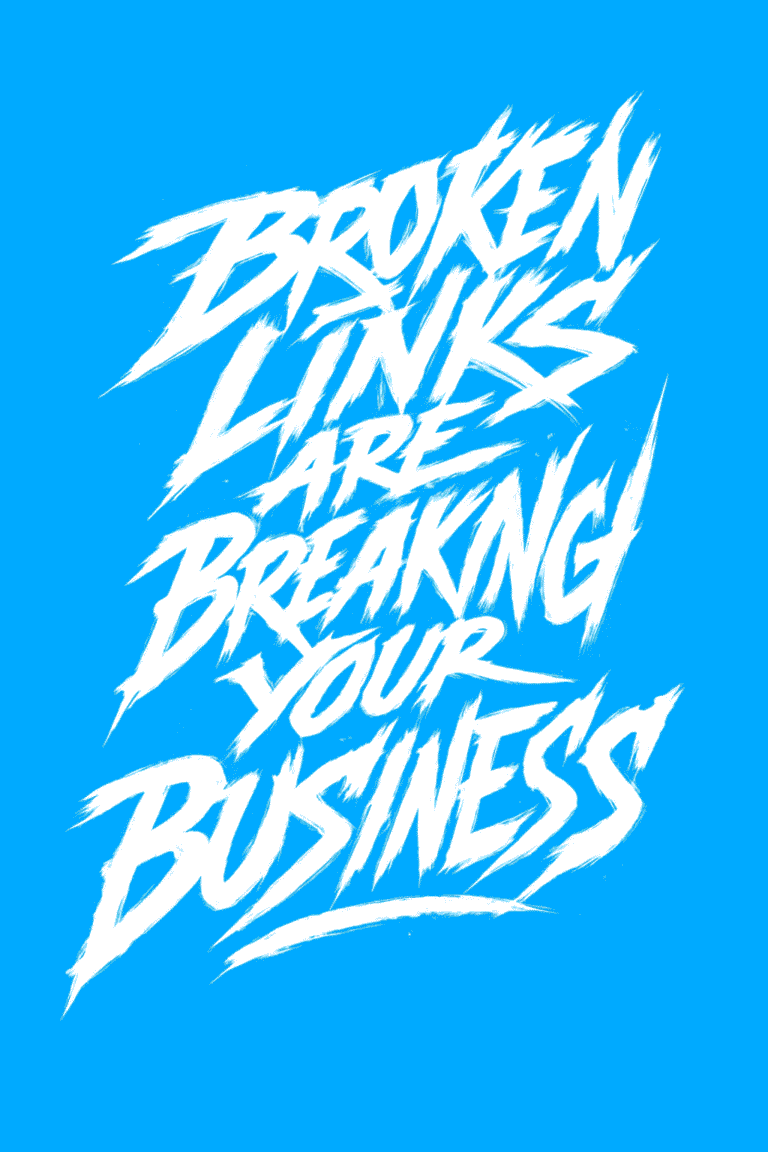
If you’ve been working hard on your website and still aren’t seeing the results you’d like, it’s possible that there are some things you’re doing wrong. In this blog post, we’ll discuss 24 reasons why your website might not be ranking as high as you’d like. We’ll also provide solutions to help you improve your ranking and get the traffic you need!
Without further ado, let’s get started!
1. Not Knowing Audience Intent:
Search engine algorithms are designed to deliver the best possible results based on a user’s search query. If you don’t understand your audience intent, it can be difficult for your content to rank well.
How do you fix it?
Conduct keyword research to identify what users are searching for and create content that is tailored to their needs. You should also use tools like Google Trends and Answer the Public to gain further insight into popular search terms and topics related to your industry. Additionally, create different content types (e.g., blog posts, videos, infographics) to appeal to a wider audience.
2. Low Quality Content:
Low quality content can be a big problem when it comes to SEO. If your website is full of thin or duplicate content, it won’t rank well in search engines. What is low quality content? Anything that isn’t informative, helpful, or interesting to read.
How do you fix it?
Make sure all of the content on your website is high quality and provides real value to your readers. That means avoiding duplicate content and using original, well-written pieces with engaging images or videos.
3. Poorly Optimized Pages:
Search engines need to be able to crawl and index your pages in order for them to be ranked. If your pages aren’t optimized correctly, they won’t show up in SERPs. Make sure all of the elements on your page are optimized for SEO, including title tags, meta descriptions, headings, and content.
How do you fix it?
Use tools like Google Search Console or Ahrefs to find any errors or issues on your pages that need to be fixed. You can also use an SEO checker tool to make sure all of the elements on your page are optimized properly.
4. Lack of Keyword Research:
In order to rank high in search engine results, you need to make sure the keywords you’re targeting are relevant to your content. If you don’t do proper keyword research, you won’t be able to target the right terms and phrases that people are actually searching for.
How do you fix it?
Make sure you do thorough keyword research before creating any content. Use tools like Google Keyword Planner or SEMrush to find the most relevant keywords for your niche and make sure they’re integrated into your webpages.
5. Not Optimizing for Mobile:
More and more people are using mobile devices to access the internet, so it’s important that your website is optimized for mobile. If it isn’t, your pages won’t rank as well in SERPs and you’ll be missing out on potential traffic.
How do you fix it?
Make sure your website is responsive and optimized for all devices, not just desktop. Use a tool like Google’s Mobile-Friendly Test to make sure all of your pages are optimized for mobile.
6. Lack of Inbound Links:
Inbound links are one of the most important ranking factors for a website. If you don’t have any, it could be hurting your SEO efforts. Make sure you’re actively building up your number of inbound links from reputable sources.
How do you fix it?
Start by creating quality content and share it on social media to attract more links. You can also reach out to relevant websites and ask them to link back to you, or create a guest post for another website. Directories, forums, and blog commenting can also be used to build links.
7. Not Using Alt Tags:
Alt tags are important for SEO because they tell search engines what an image is about. Without them, your images won’t be ranked in SERPs and you won’t get any traffic from image searches.
How do you fix it?
Make sure to add an alt tag to all of the images on your website that describes what the image is about. Use a keyword in the tag if possible, as this will help search engines index the image more effectively.
8. Slow Page Load Times:
No one likes to wait for a page to load, and Google is no exception. If your pages are loading slowly, it could be hurting your SEO efforts.
How do you fix it?
Make sure all of the elements on your page are optimized for speed, including images, videos, scripts, and CSS files. You can also use a content delivery network (CDN) to serve your page from different locations around the world, reducing loading times for visitors.
9. Not Using Structured Data:
Structured data is used by search engines to better understand your content and rank it higher in SERPs. If you’re not using structured data, you’re missing out on a great SEO opportunity.
How do you fix it?
Make sure to add structured data, like schema.org, to all of your webpages. This will help search engines understand the content of your page and display it more accurately in SERPs. You can also use tools like Google’s Structured Data Testing Tool to make sure your structured data is implemented correctly.
10. Lacking Internal Links:
Internal links are important for SEO because they help search engines crawl and index all of your pages. Without them, some of your content may not be indexed properly, resulting in lower rankings.
How do you fix it?
Make sure to add internal links between related pages on your website. This will help search engines find and index all of your content more effectively, resulting in better rankings for those pages.
11. Not Using Analytics:
Analytics is a powerful tool that can give you insights into your visitors’ behavior and how they interact with your site. Without it, you won’t be able to track your SEO efforts and make improvements.
How do you fix it?
Make sure to install an analytics tool on your website, such as Google Analytics. This will allow you to track how visitors interact with your site and use the data to improve your SEO strategy.
12. Not Optimizing for Featured Snippets:
Featured snippets are a great way to increase your visibility in SERPs and bring more traffic to your website. If you’re not optimizing for them, you could be missing out on potential visitors.
How do you fix it?
Start by making sure all of your content is well-written and optimized with the right keywords. You should also use heading tags and lists to make your content easier to scan and understand. Finally, create content that specifically answers common questions related to the topic of your page in order to increase the chances of being featured in a snippet.
13. Not Updating Content Regularly:
Search engines prefer websites that are regularly updated with fresh, relevant content. If your website isn’t being updated, it could be hurting your SEO efforts.
How do you fix it?
Make sure to keep your content up-to-date by updating existing pages and adding new ones on a regular basis. This will help search engines see that your website is active and relevant, resulting in better rankings for your pages. You can also use a blog to post new content regularly, which can help you rank for more keywords over time.
14. Not Enough Authority or brand awareness:
Search engines take into account the authority or brand awareness of a website when determining rankings. If your website has few backlinks and little-to-no mentions on other websites, it could be hurting your SEO efforts.
How do you fix it?
You can start by creating high-quality content that people want to link to. You should also focus on building relationships with other websites and influencers in your industry, as well as engaging with users across multiple social media platforms. This will help increase the authority of your website and make it easier to rank higher in SERPs.
15. Over–Optimization:
Over-optimizing your website can actually hurt your SEO. Search engines are looking for content that is natural and relevant, so stuffing too many keywords into a single page can cause issues.
How do you fix it?
Make sure to use keywords in moderation and only when they make sense. Focus on writing naturally without trying to cram in too many keywords. You should also use a variety of other related terms and synonyms to make your content more readable and natural. This will help you avoid over-optimization while still improving rankings.
16. Inconsistent NAP Details:
NAP stands for Name, Address, and Phone number. If these details are not consistent across all your listings, it can hurt your local SEO efforts.
How do you fix it?
Make sure to check all of your listings regularly to ensure that the NAP information is correct and consistent. You should also make sure to update any outdated listings and remove any duplicate ones to keep your business information accurate and up-to-date.
17. Errors in Robots.txt
Robots.txt is a file used to instruct search engine bots on how to crawl and index your website. If there are any errors in this file, it can prevent search engines from crawling your pages and lead to poor rankings.
How do you fix it?
Check the robots.txt file for any typos or errors and make sure it is properly formatted. You should also use a tool like Screaming Frog to identify any issues with the file and ensure that all pages are being crawled correctly. Once everything is fixed, you can then submit your robots.txt file to search engines for indexing.
18. Not having an SSL Certificate
Using an SSL Certificate on your website is important for security and can help boost your SEO rankings. If you don’t have one, it could be hurting your efforts.
How do you fix it?
Purchase an SSL Certificate from a trusted provider and install it on your website. This will provide added security to your visitors and help you rank higher in the search engine results pages. You should also make sure to update any internal links and redirects so that all traffic is sent securely through HTTPS.
19. Duplicate Titles And Description:
Duplicate titles and descriptions on your pages can confuse search engines and make it difficult for them to determine which page should be ranked.
How do you fix it?
Make sure that each page has a unique and descriptive title tag as well as a meta description. You can also use Google Search Console to identify any duplicate titles or description and make changes accordingly. Additionally, you should use tools like Screaming Frog to identify any duplicate content on your website and take steps to remove it.
20. Incorrect Use Of Headings:
Headings are an important part of any web page and should be used to structure the content. Incorrect use of headings can make it difficult for search engines to understand the page and affect its rankings.
How do you fix it?
Make sure that all your headings are properly formatted and in logical order. You should also use keywords in your headings and keep the length under 55 characters. Additionally, use a variety of other terms and synonyms throughout to make your content more readable.
21. No XML Sitemap:
An XML sitemap is a tool used to inform search engines of all the pages on your website that should be crawled and indexed. If you don’t have one, it can make it difficult for search engines to find and index your content.
How do you fix it?
Create an XML sitemap using online tools like XML-Sitemaps.com and submit it to Google Search Console or Bing Webmaster Tools. Make sure to check and update the sitemap regularly so that all your new pages are indexed by search engines. Additionally, use a tool like Screaming Frog to identify any broken links in the sitemap and fix them accordingly.
22. Not Optimizing The URL Structure:
Your website’s URL structure is an important factor in SEO and should be optimized for search engine crawlers. Incorrectly formatted URLs can make it difficult for search engines to understand your pages, leading to poor rankings.
How do you fix it?
Make sure that all your URLs contain relevant keywords, are correctly formatted and follow a logical structure. You should also use hyphens (-) to separate words in the URL instead of underscores (_). Additionally, try to keep the length of URLs under 115 characters for better readability.
23. Poor Website Structure:
If your website is poorly structured, meaning links aren’t connecting properly and pages are difficult to find, you won’t be able to achieve the SEO results you want. Make sure your website has a clear structure that makes it easy for users to navigate.
How do you fix it?
Make sure links are easy to find and clickable, and that pages are logically organized so users can find what they’re looking for quickly.
24. Not Tracking Your Results:
It’s important to track your SEO results over time, so you can see which of your efforts are paying off. If you’re not tracking your results, you won’t be able to identify what works and what doesn’t.
How do you fix it?
Use tools like Google Analytics and Search Console to track the performance of your website. Monitor key metrics such as organic traffic, page views and bounce rate to identify which strategies are working and which need to be improved. Additionally, keep an eye on the SERP rankings for each page to ensure that you’re consistently improving your SEO performance.
Conclusion
Clearly, there are numerous reasons why a website may not be ranking as high as you would like. By identifying any of the issues outlined in this blog post and taking steps to address them, you can ensure your website is performing at its best. For example, by creating unique content and optimizing it for mobile devices, you can provide visitors with an enjoyable experience that will lead to more engagement and higher rankings. Additionally, making sure your internal linking structure is up to standard and that you’re using effective backlinking strategies can help boost your ranking potential even further. Finally, don’t forget about tracking analytics and collecting feedback from customers so that you always have an accurate picture of how your website is performing. Although improving website ranking requires time and effort, following these 24 tips will help get you on the way to achieving successful results in the search engine results pages.
Why Hire Graticle for Improved Search Engine Rankings?
At Graticle, we provide comprehensive SEO services that can help increase website visibility and boost online presence in search engine results pages.
We offer personalized solutions designed to meet the individual needs of each of our clients. We specialize in creating custom strategies based on thorough keyword research, detailed analytics tracking and informed decision-making processes. Our services include content creation, link building, local SEO optimization, and more. Additionally, we are experienced in identifying technical issues such as poor page speed and poor server response times that may be preventing your website from ranking well.
Not only do we take the time to truly understand each of our client’s goals and objectives, but we also strive to create long-term relationships with our customers. Our team is dedicated to providing exceptional customer service, offering complete transparency when it comes to our methods and practices. We’re also constantly monitoring trends in the ever-changing digital landscape so that we remain up-to-date on best practices for SEO success.
When you hire Graticle for improved search engine rankings, you can rest assured that all bases are covered when it comes to SEO best practices. From content optimization to link building strategies, we have your back every step of the way on your journey towards maximizing organic visibility rates. Give us a call today to see how we can help you increase your organic rankings (360) 450-3711





